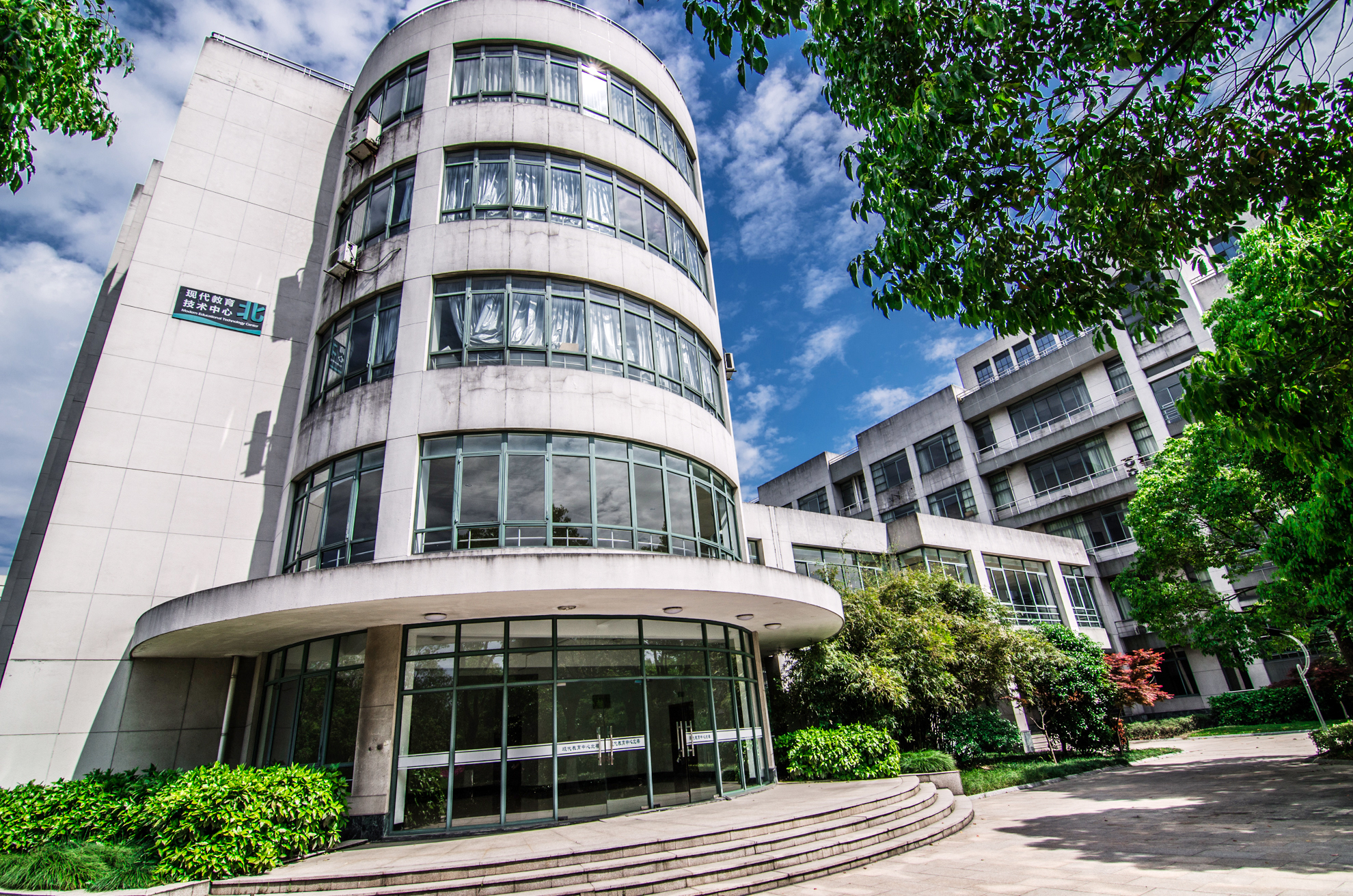Founded in 1953, Zhejiang University of Water Resources and Electric Power covering 1,231-mu (a unit of area) areas is located in Hangzhou, the provincial capital of Zhejiang Province and known as the “paradise on earth”. With 9,416 students and more than 900 full-time teachers, including 3 academicians shared, the university is the only university in Zhejiang that the Ministry of Water Resources of PRC and the People’s Government of Zhejiang Province jointly constructed, bearing identities like the council member of the National CDIO Engineering Education Alliance and the Zhejiang pilot university of applied construction.
Zhejiang University of Water Resources and Electric Power adheres to the teacher-and-student oriented. For over 60 years since the establishment of the university, the university has upheld the spirit of the school motto, “being learned and seeking for truth” and consistently holds the idea of personnel training as “integrating the practice into theories and educating students based on practical matters”, with the purpose to cultivate practically competitive industrial backbones and leaders with international visions, feelings for families and the country, and the consciousness for water conservancy. The university mainly promotes SWH-CDIO-E, an engineering education model, bringing the society with tens of thousands of outstanding engineering personnel in the field of water conservancy, electricity, and machinery. The university falls to an outstanding Zhejiang unit in term of the employment of regular higher-education institution graduates. This can be told from the long maintaining employment rate (over 95%) of graduates And the high percent (around 70%) of graduates bearing titles like leaders of county and municipal water conservancy bureaus in Zhejiang Province and senior management of water conservancy and hydropower-based Zhejiang enterprises. The university ranked the 3rd place within Zhejiang Province in the list of students’ most satisfied universities of 2018 that the Ministry of Education of PRC issued. The Ministry of Water Resources and the Ministry of Human Resources and Social Security respectively awarded the university with the “Award for Outstanding Contributions to the Cultivation of Skilled Personnel in the National Water Conservancy Industry” and the “Award for Outstanding Contributions to the Cultivation of National Skilled Personnel”, which show the wide praise of the public with respect to personnel training.
Zhejiang University of Water Resources and Electric Power has been and is led by discipline construction. After years of construction, the university has formed a professional discipline system centered on engineering and featured with water conservancy and hydropower, accompanied by the coordinated development of multiple disciplines, such as civil engineering, mechanics, electrical and management. The university sets up 10 secondary schools and 3 education departments (centers), offering 34 majors subject to 4 major disciplines, including engineering, management, economics, and literature. The university has vigorously strengthened the construction of special disciplines, such as water conservancy and hydropower engineering and geographic information science, besides the establishment of three research bases, such as the Cao’ejiang River Basin Hydro-ecology Research Base, the Oujiang River Basin Ecological Water Conservancy Research Base, and the Yueqing Water Conservancy and Electric Power Research Base. Academician workstations under the university members of the Chinese Academy of Engineering, such as Wang Hao and Yang Zhifeng and top professors, such as Ali of the French University of Lille to jointly conduct scientific research. In addition to the cooperation with the UN International Center on Small Hydro Power, the university, along with Wuhan University established the discipline named surveying and mapping. In recent years, our students have won a large number of national and provincial awards in various discipline competitions. In deeply meeting heavy industrial demands, the university has undertaken more than 500 major projects of water conservancy, leading to several awards, such as Da Yu Award for Water Conservancy Science and Technology the Ministry of Water Resources granted, which shows the social acceptance of the university’s research quality and social service level.
Zhejiang University of Water Resources and Electric Power is fully equipped with teaching facilities. To the extent of Zhejiang Province, the library of the university possesses the most abundant literature in water conservancy and hydropower. Apart from a national water regime education base and the Zhejiang base of education on non-productive cultural heritage inheritance, the university also possesses training bases with the central government funds, including “the training base of computer-based applied technology” and “the training base of advanced manufacturing”, as well as several provincial demonstration bases of practice teaching, such as “the training base of comprehensive skills for water conservancy projects” and “the training base of power engineering”.
Zhejiang University of Water Resources and Electric Power runs with the persistence of integrating production, education, and research. The university has 12 corporate colleges, 26 collaborative education projects that the Ministry of Education and Zhejiang Province launched, and 292 off-campus practice bases. In other words, the university has established in-depth cooperation with enterprises in the industry.
Zhejiang University of Water Resources and Electric Power adheres to international development strategies. The university has established long-term cooperation with Wuhan University, Hohai University, the China Institute of Water Resources and Hydropower Research, Belarusian State University, North China University of Water Resources and Electric Power, and Three Gorges University and such. The university actively expands communication and cooperation channels, resulting in strategic cooperation with universities of the United Kingdom, France, Belarus, and Germany, among other countries. The university also participates in the construction of “the Belt and Road Initiative” and is committed to attracting high-quality educational resources and striving to broaden international horizons of teachers and students.(2025.02)
